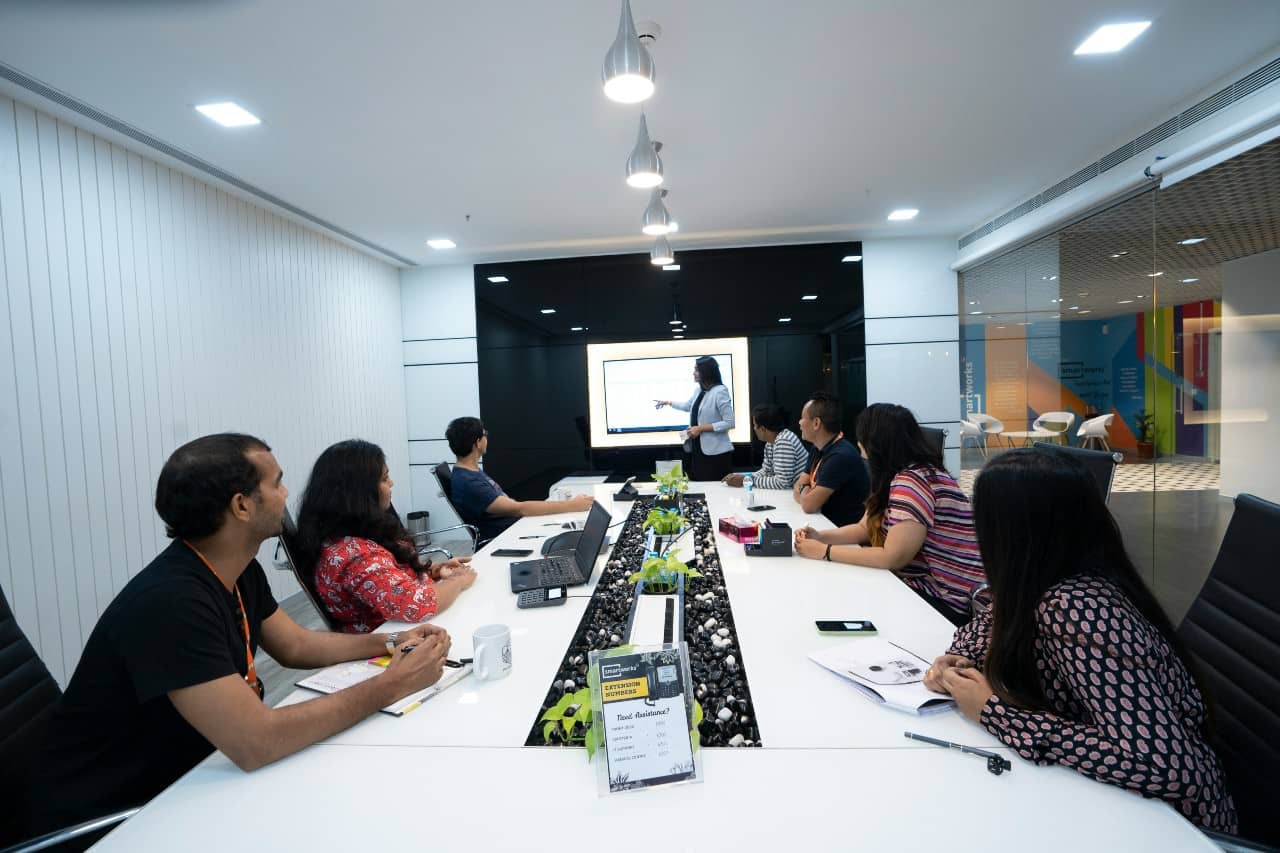Leading With the Help of Your Executive Coach in Times of Crisis
Leadership coaching in the best of times is powerful in helping leaders
overcome day-to-day challenges, achieve business objectives, and foster deep
and lasting change within themselves. Companies that have invested in
leadership coaching understand the value and importance that coaching provides
facilitating both personal development while helping that leader achieve
business objectives. These are benefits of coaching in normal times. As the
world, companies, and individuals find themselves in uncharted waters due to
Covid-19, the importance of leadership coaching is even more critical. Leaders
need a sounding board, direction, and guidance to focus on critical issues
this moment, create strategic plans, and at the same time stay focused on the
bigger picture. It is in this moment that leaders need to do simply that—lead
—which requires addressing the concerns of their team, demonstrating
competence to their manager, and staying focused on what matters.
Here are five things to work on with your leadership coach in these
unprecedented times, and that are still critical to do even if you don’t have
one:
- 1. Emotional control – Identify how you are really feeling versus what your team and organization needs to hear from you. You probably are stressed out as most of us are, but you need to present yourself as calm, organized, and thoughtful. That said, it is important to be authentic and share briefly how you are feeling in a way that is constructive and moves the conversation forward. Don’t be overly stoic, as people can see through a fixed face. Be accessible, but don’t go off the deep end sharing your concerns. You are the leader; people are looking to you to navigate to safety. And although you might be feeling like your hair is on fire, you want to be the image of grace under pressure. You can help your emotional control by doing things that will help with your resilience and taking care of yourself, such as getting enough sleep, exercising, and eating right.
- 2.Locus of control – This is understanding what is in your control and out of your control. Use your coach to review and confirm what you can do in the current circumstances and what you cannot impact. For example, identify how you can prepare for various events. Identifying your locus of control will help you focus your resources and attention on the items you can influence. Work with your coach to address and come to terms with items that are beyond your control and create stress. This is challenging for control freaks, and it’s a great opportunity to let go of what cannot be controlled and focus energy into what can be done.
- 3. Prioritization – Explore with your coach to identify the actions that you need to take first. Create a triage list of items. Listing items will help you visualize and organize what needs to be done, when, and by whom. At the same time, the storm clouds will pass, and when they do, you and your company will need to be in a position to continue to grow. You want to explore actions to allow for business continuity as well as any opportunities to emerge from the crisis in an even better position.
- 4. Communication – In normal times, communicating with your peers, your team, and your manager is vital. When a global pandemic breaks out, the need to communicate becomes even more critical. Now that you have calmed yourself and identified your priorities, you will want to ensure you have a communication plan in place. Use your coach to confirm your plan. One important detail to keep in mind is that although you are clear on your plans, your people are not. You will need to communicate to the people around you multiple times in multiple ways so your messaging registers. In the best of times, people are distracted. Now, when people are stressed and might be freaking out, they are likely to be barely listening. There is no such thing as over-communication in a crisis.
- 5. Discipline –In these times, the opportunity for distraction is everywhere. You, as a leader, will need to stay vigilantly focused on each task. Work with your coach on keeping grounded and getting what needs to be done, done. Being disciplined will require constantly checking on your priorities and controlling where you spend your time. If you need to stay alerted to the latest news updates, manage your updates to a specific amount of time scheduled throughout the day. Being disciplined will require you to keep to a regular routine for work and life. This includes maintaining your hours of sleep, workout schedule, morning routine, and work routine.
Your employees expect you to guide them through challenging times. This is
your opportunity to demonstrate your abilities as a leader who can handle the
bad times as well as you do the good.





